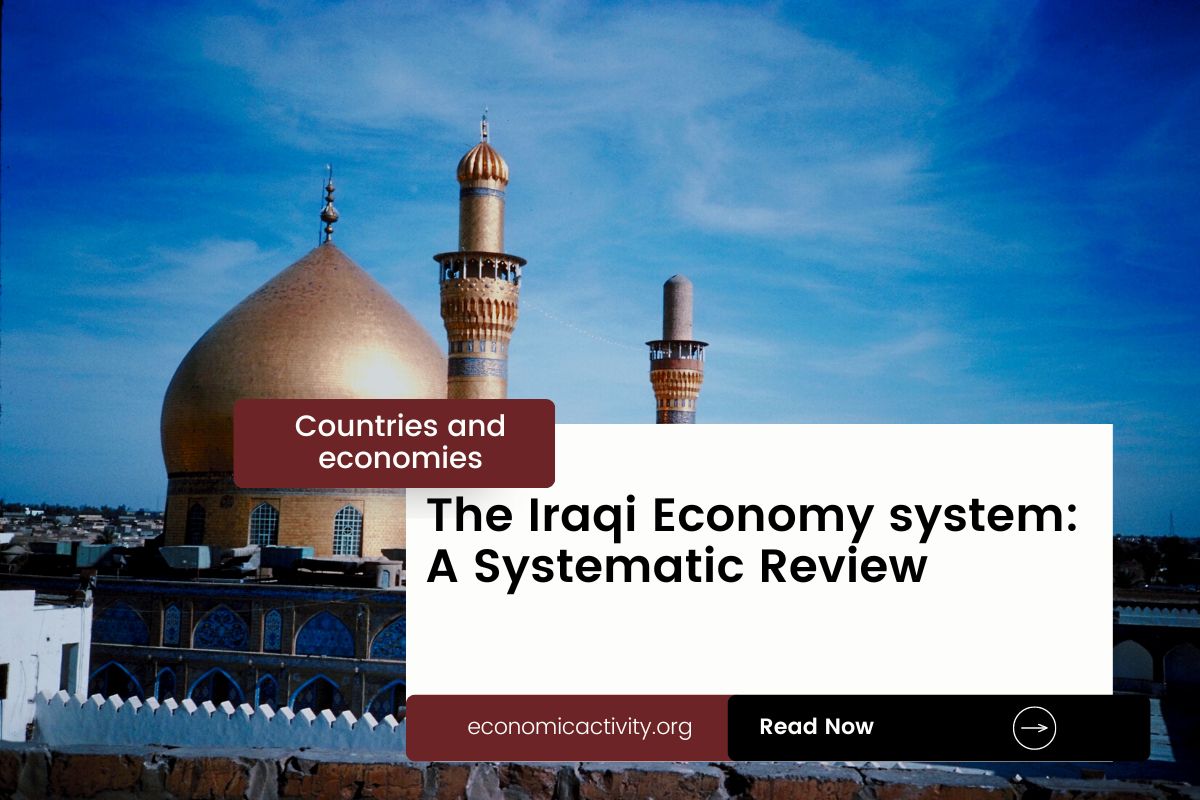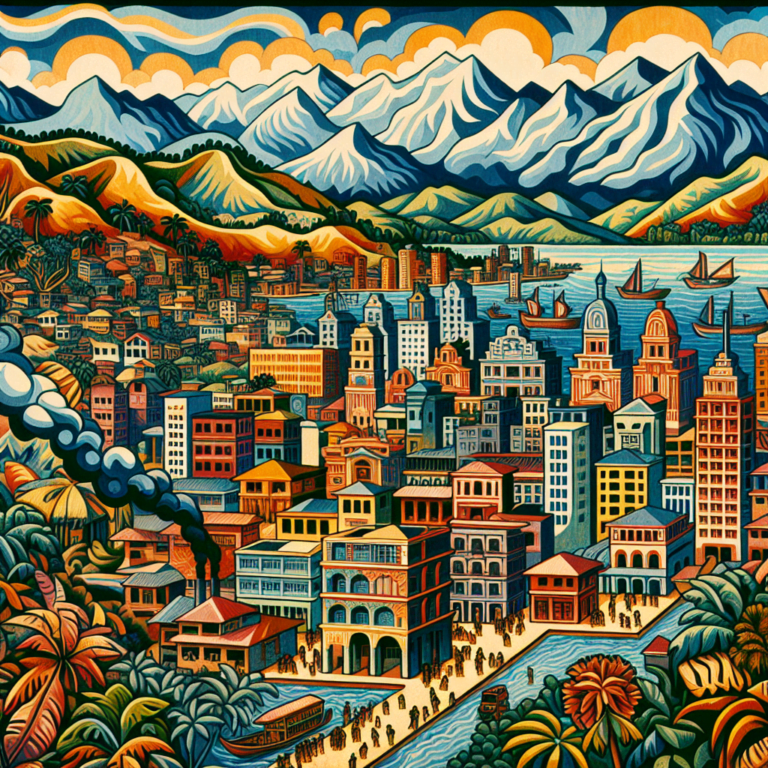What is the economic system of Iraq? The economy of Iraq is based on a mixed economy. The country’s financial system combines elements of a market economy and a planned economy.
In Iraq, the economy is composed of a private sector, consisting of individuals and businesses that make autonomous decisions based on self-interest, and a public sector, where the state determines the production and distribution of certain goods and services. No country is purely capitalist or purely communist.
What do the freedom indexes tell about the economic system of Iraq?
Now, to determine if a country is mainly a market economy or a planned economy, it is useful to examine some economic indexes. For instance, according to the 2022 Index of Economic Freedom, which measures the ability of every human to control his labor and property, Iraq is ranked N/Ath globally and N/Ath in the Middle East and North Africa indicating that the country has a repressed economy.
Similarly, the 2022 Freedom House index evaluates the state of political rights and civil liberties globally. Generally, market economies tend to align more with democracy and freedom, while command economies tend to be characterized by greater state control and fewer democratic and civil liberty protections. Iraq gets a score of 29/100, which qualifies it as Not Free.
Iraq is a country where the government controls what people do for political reasons, and people have limited freedom to choose (what, how much, and how to produce, whether to buy or not, selling price, etc.)
The Link Between Public Sector Employment and the Economic System of Iraq
An indicator of the extent to which the State is involved in the economy is the number of public sector employees. In Iraq, according to ILOSTAT, the number of public sector employees as a percentage of the total workforce is 37.4% (2021).
In the country’s mixed economy, the number of public sector employees as a percentage of the total workforce varies based on the specific policies and practices adopted by the State. Some economic activities are left to the private sector while others are under government control. The bigger the public sector the closer the economy is to be a command economy.
What does the biggest company in Iraq say about the country’s economic system
The biggest company in Iraq should also be looked at, as well as whether it is a state-owned or private company. In this case, Baghdad Soft Drinks Co. is a publicly traded company that produces and distributes various soft drinks and beverages in Iraq. The ownership of Baghdad Soft Drinks is distributed among multiple shareholders, including institutional investors, individual investors, and other entities.
The historical factors that have influenced the economic system of Iraq
The current mixed economy system of Iraq in the last century is a result of a combination of factors, including the legacy of colonialism, the impact of the oil industry, and the effects of war and sanctions. Colonialism left Iraq with a legacy of weak institutions and a lack of economic diversification.
The oil industry has been a major source of revenue for Iraq but has also led to a reliance on oil exports and a lack of investment in other sectors. War and sanctions have further weakened the economy, leading to a lack of investment and a reliance on imports.





Leave a Reply